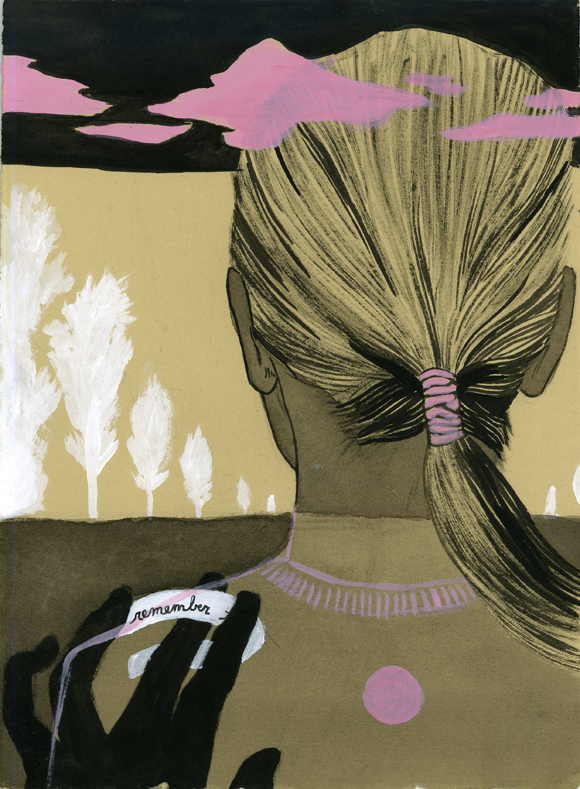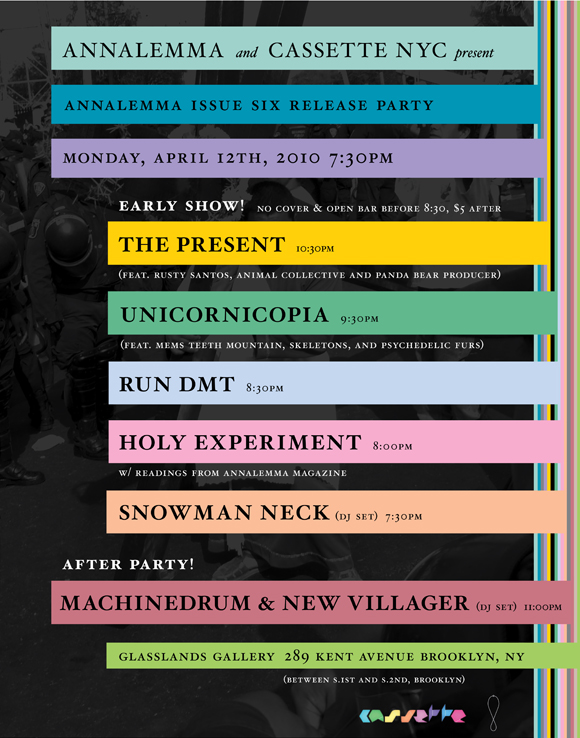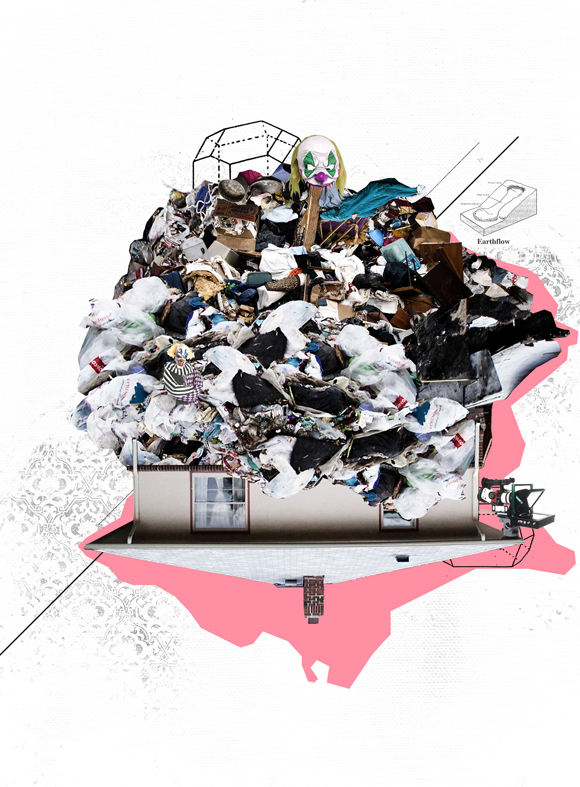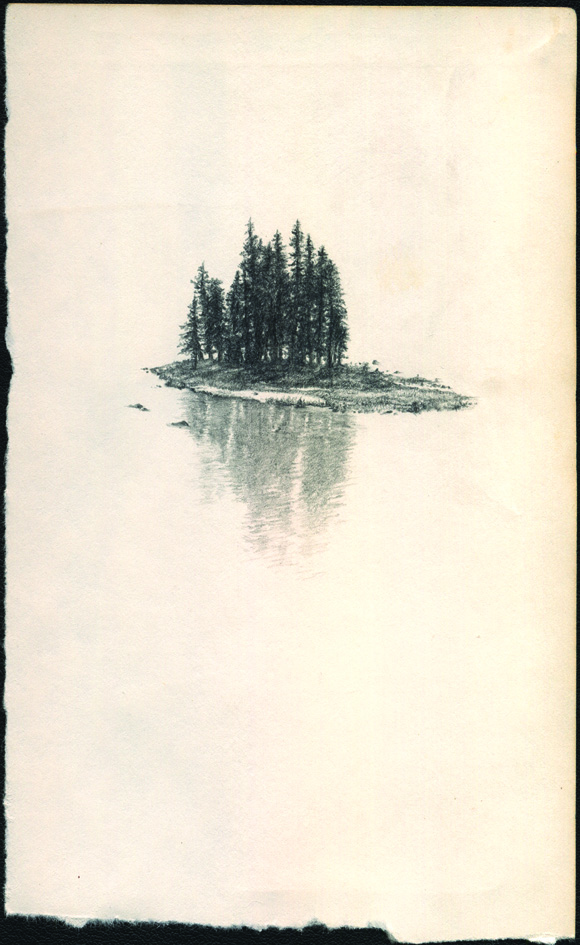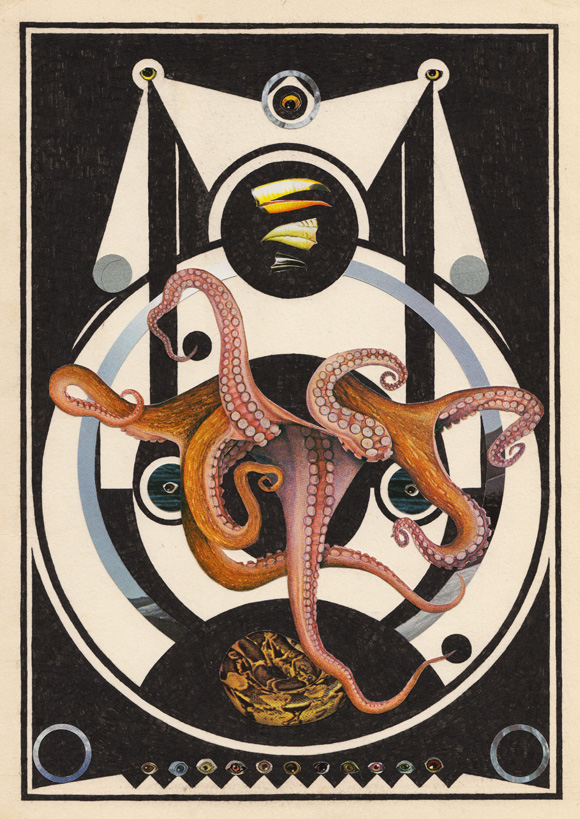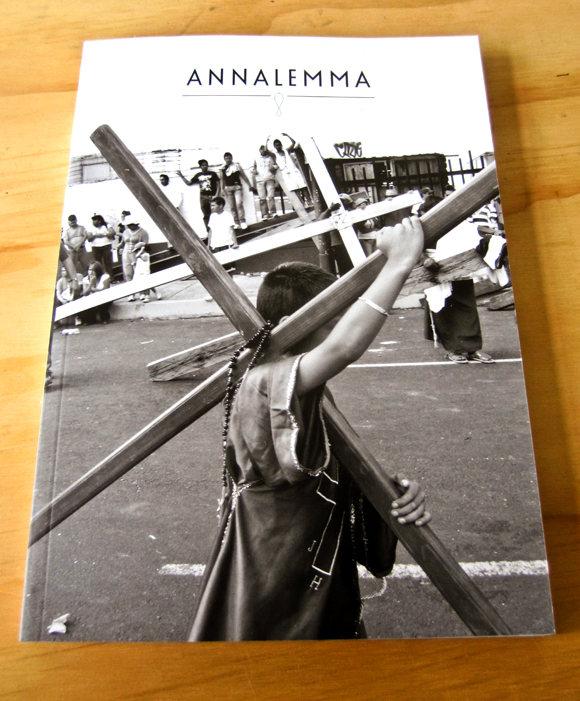The following is an excerpt from the story A Flawless Pick by Ian Bassingthwaighte, appearing in Annlemma Issue Six. Image by Anthony Cudahy.
I gave our boy a photograph of his mother and I the day we met his doctor. In it, we look disheveled, as if we’d recently been laid, been robbed, taken drugs, or regressed into stupidity. It really is a splendid photograph, from an artistic point view.
His doctor said I should bring the boy a picture of something he might be inclined to remember. He said it should be original, memorable. Has he seen before? Yes, he took it. Would it be an image he might remember? If there were an image in the world he’d remember, it’d be this one. Might it conjure an emotion? Yes, yes, yes—of course. Whimsy. It would conjure whimsy. Is that an emotion?
His doctor says the best way to track down a memory is by recalling an emotion and chasing it back to where it came from. I’d hoped the photo would have brought him here: it was a cold night on a rock beach in Oregon. Our son, behind the camera, shouted, “Be ugly.” We laughed and we tried as best as we could to oblige: Laura tussled my hair and I tussled hers, I pulled off my shirt and she took it and wore it over her wind-breaker, and we both made an equally disturbing face, halfway between orgasm and hemorrhoid. He took the photograph. It was a Polaroid and so he stood for a moment shaking it, waiting for the image to appear. When it did, he began to chuckle. He looked at us and said with a smile, “You guys are disgusting. If I ever look like that, please just clobber me with a hammer and get it over with.” He must have been fifteen.
But when I gave the picture to our son, his face was blank. I wasn’t exactly expecting an immediate recognition, but I was quietly hoping for one.
But hope is a funny contradiction. It has a way of always letting you down.
To read the rest of the story click here to pre-order Annalemma Issue Six: Sacrifice, which ships April 12th.
Ian Bassingthwaighte lives and writes and drinks and dances and meanders aimlessly in and around Cairo, Egypt. He has become permanently sunburned in his time there. His favorite food is Cheerios and he is afraid of only three things: death, swimming in very deep water, and ostriches.
Anthony Cudahy is a twenty-year-old illustration student in Brooklyn, New York. He is from the South and doesn’t appreciate this winter.












